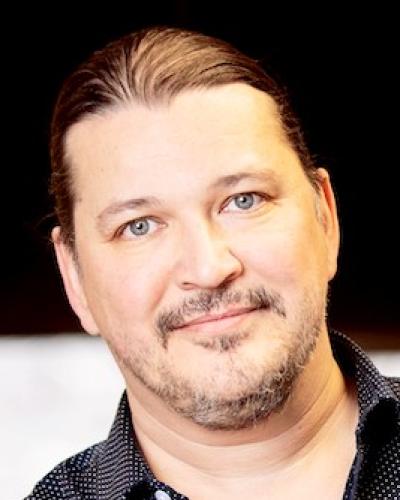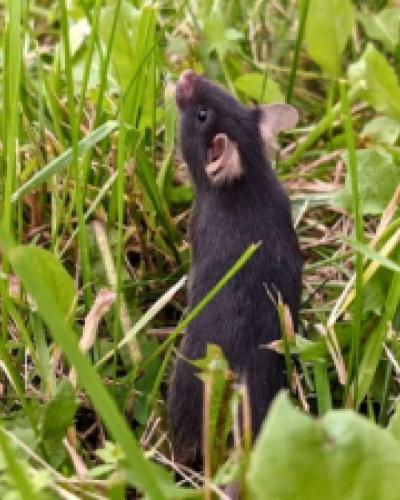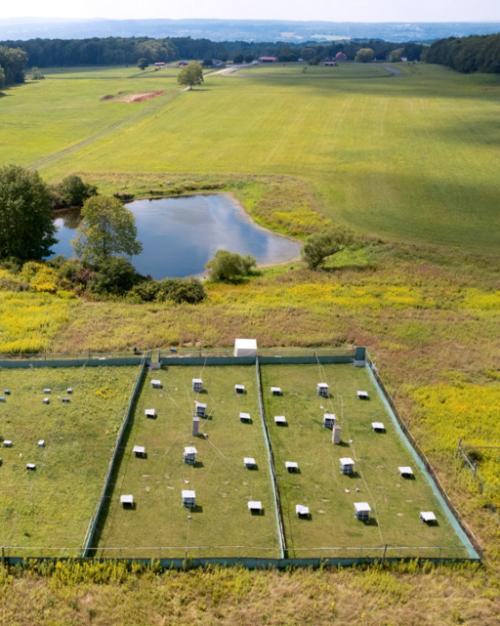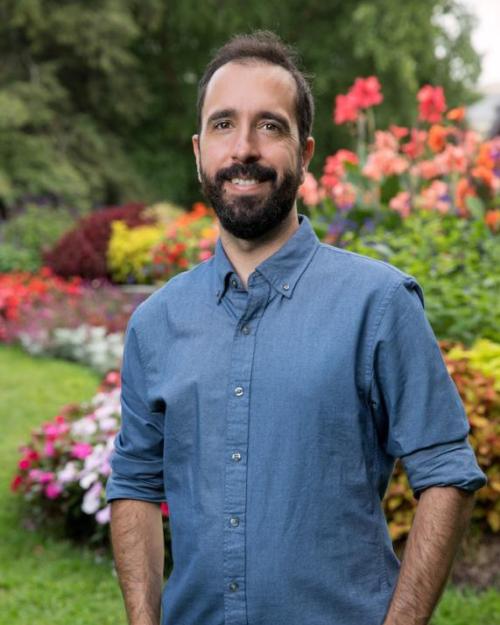Neuroscientist Antonio Fernandez-Ruiz has received a New Innovator Director’s Award from the National Institutes of Health’s High-Risk, High-Reward Research program. The Director’s Awards “support highly innovative scientists who propose visionary and broadly impactful behavioral and biomedical research projects,” said the NIH announcement.
“The HRHR program is a pillar for innovation here at NIH, providing support to transformational research…expected to have exceptionally high and broadly applicable impact,” said Robert W. Eisinger, Ph.D., Acting Director of the Division of Program Coordination, Planning, and Strategic Initiatives, which oversees the NIH Common Fund.
Fernandez-Ruiz is assistant professor of neurobiology and behavior and Nancy and Peter Meinig Family Investigator in the Life Sciences in the College of Arts and Sciences. His project, “How do animals learn the structure of their natural environment?” (grant # 1DP2MH136496-01) seeks to elucidate the neural circuit mechanisms of structure learning using rat foraging behavior as a model.
“By employing a multidisciplinary combination of cutting-edge neurophysiological, computational and behavioral approaches, [the project] would be able to test how hippocampo-cortical neuronal sequences support structure learning and inference in naturalistic environments,” wrote Fernandez-Ruiz in his proposal. “These experiments have the potential to provide a long-sought answer about the neural basis of flexible behavior in natural conditions.”
Fernandez-Ruiz studied biology and physics in the Universities of Sevilla and Madrid in Spain. He earned his Ph.D. in 2015 at the Complutense University of Madrid, investigating the biophysical basis of brain oscillations and developing mathematical tools to analyze them. His current research goal is to understand how neuronal dynamics support complex cognitive functions. Since a major obstacle to answering this question is the limitation of current technology, he works on developing new methods for a more precise understanding and manipulation of brain circuit dynamics, including large-scale silicon probe recordings with closed-loop optogenetic manipulations, cellular imaging, circuit mapping, computational analysis and theory.





